Search
Remove Ads
Advertisement
Summary 
Loading AI-generated summary based on World History Encyclopedia articles ...
Search Results
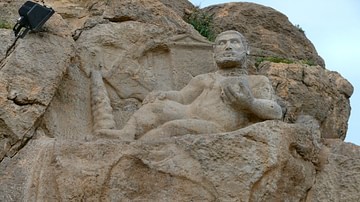
Definition
Persis
Persis (in Greek, derivated from Persian pars) is the ancient name of the approximate area of modern Fars in Central Iran, as well as a state of the Hellenistic and Imperial periods in this same province. Its name is derived from the Persians...
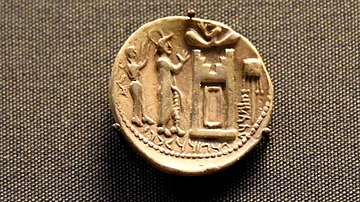
Image
Vadfradad I, King of Persis
This coin depicts Vadfradad I, king of Persis (Fars) in Southern Iran, who can be identified on both sided of the coin by his special headgear. On the back (this image), a figure holds up a royal headband (diadem) as a symbol of kingship...
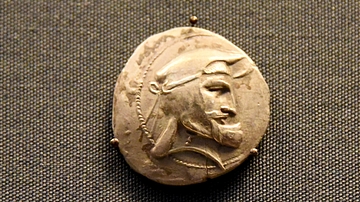
Image
Silver Teradrachm of Vadfradad I of Persis
This coin depicts Vadfradad I, king of Persis (Fars) in Southern Iran, who can be identified on both sided of the coin by his special headgear. On the back, a figure holds up a royal headband (diadem) as a symbol of kingship behind the ruler...

Article
The Lamentations of Isis and Nephthys
The Lamentations of Isis and Nephthys is an ancient Egyptian text in which the two goddess-sisters call the soul of the god Osiris to rejoin the living. The poem takes the form of a call-and-response liturgy and the dual entreaties of the...
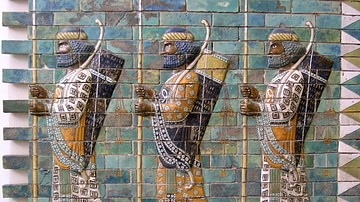
Definition
Ancient Persia
Persia (roughly modern-day Iran) is among the oldest inhabited regions in the world. Archaeological sites in the country have established human habitation dating back 100,000 years to the Paleolithic Age with semi-permanent settlements (most...
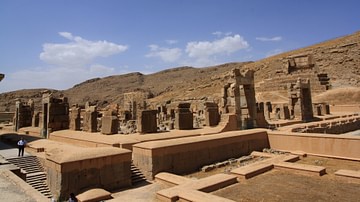
Article
Ten Ancient Persia Facts You Need to Know
Ancient Persian culture exerted a powerful influence throughout the Near East, and beyond, for over a thousand years between c. 550 BCE - 651 CE and many aspects of their culture continued to influence others afterwards and up through the...
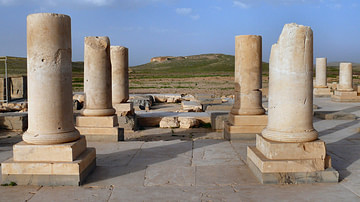
Definition
Pasargadae
Pasargadae was one of the oldest residences of the Achaemenid kings, founded by Cyrus the Great (r.559-530). It resembled a park of 2x3 km in which several monumental buildings were to be seen. According to the Roman geographer Strabo of...
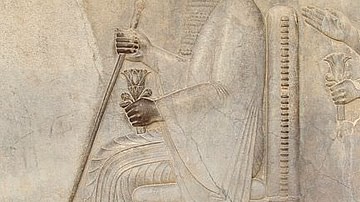
Article
Bureaucracy in the Achaemenid Empire: Learning from the Past
In the early days of the Achaemenid Empire (c. 550-330 BCE), the kings came to realise that, if they were to be able to administer the vast mass of land and the multicultural people who inhabited it, they had to create an organizational system...

Definition
Ancient Persian Government
The government of ancient Persia was based on an efficient bureaucracy which combined the centralization of power with the decentralization of administration. The Achaemenid Empire (c. 550-330 BCE) founded by Cyrus the Great (r. c. 550-530...
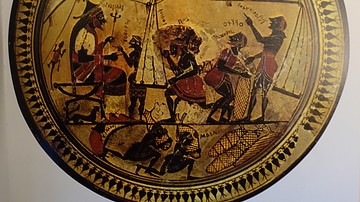
Article
Theophrastus and Pliny the Elder on Silphium
The silphium plant of Cyrene, valued as a seasoning, aromatic, and for its medicinal properties, is referenced by several notable ancient writers, but two of the best-known descriptions come from Theophrastus (l. c. 371 to c. 287 BCE) and...